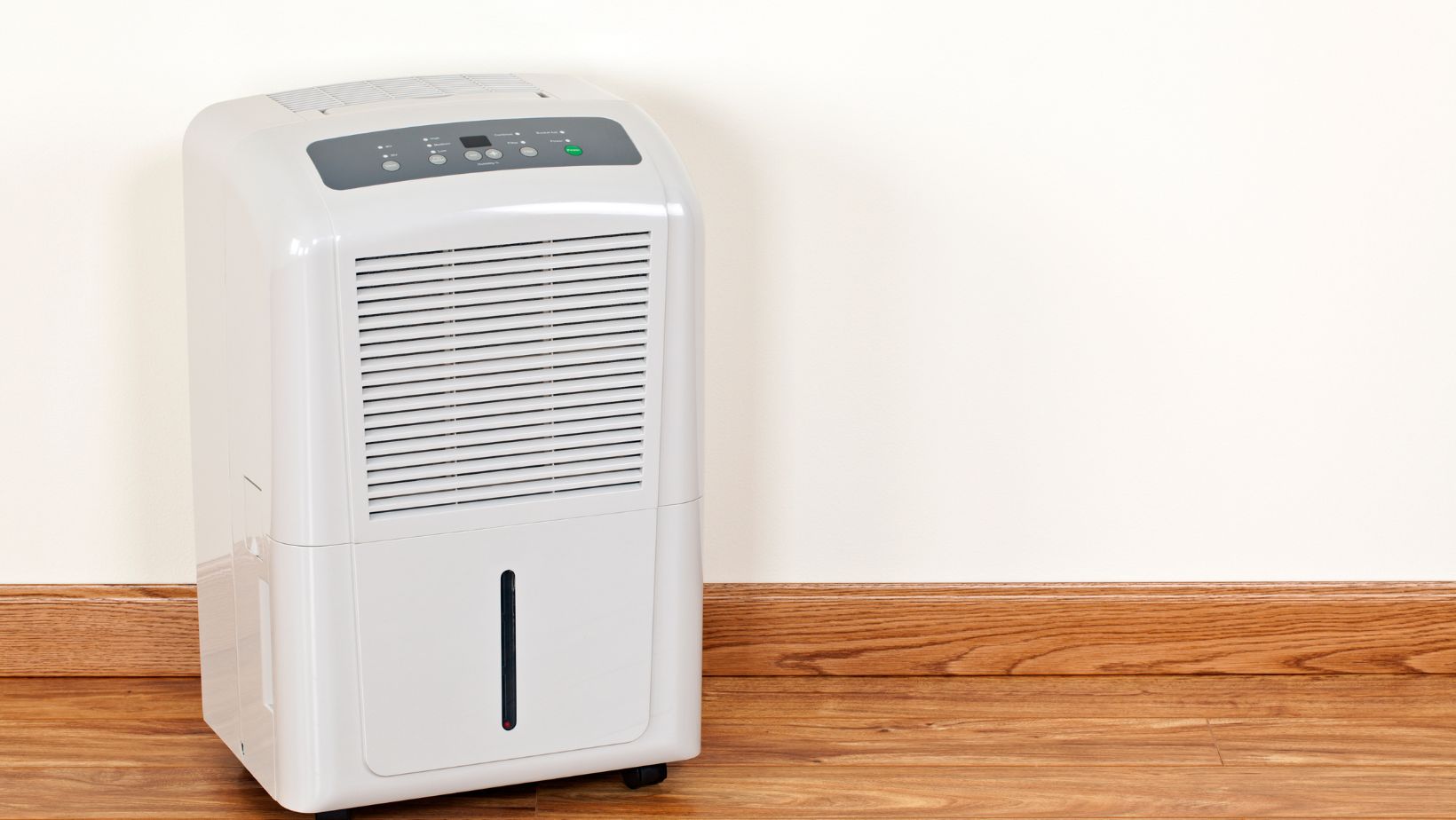Dehumidifiers are indispensable tools for maintaining optimal conditions on construction sites throughout the year. Effective moisture control is crucial to prevent mold growth, protect materials, and ensure a quality finish. However, with the myriad of dehumidifier models available, selecting a reliable unit can be challenging. To streamline your search and make an informed decision, it is essential to consider various factors such as capacity, durability, and features tailored to construction needs. This article will guide you through these critical aspects to help you find the perfect dehumidifier for your year-round construction projects.
Assessing Dehumidifier Capacity and Efficiency
When choosing a dehumidifier for construction projects, the capacity is a primary consideration. The unit’s capacity, typically measured in pints of moisture removed per day, should align with the size and specific needs of your workspace. For large-scale projects or sites with high humidity levels, a unit with a higher capacity is essential to handle the substantial moisture load effectively. Look for models that offer adjustable humidity settings and automatic shut-off features to prevent overuse and energy waste. Additionally, energy efficiency ratings can impact long-term operational costs, so opting for an Energy Star-certified dehumidifier can ensure optimal performance while keeping energy consumption in check. Evaluating these factors will help you select a dehumidifier that not only meets the demands of your project but also contributes to cost savings.
Durability and Build Quality for Construction Environments
Construction sites are often subjected to harsh conditions, including dust, debris, and fluctuating temperatures. Therefore, the durability and build quality of a dehumidifier are crucial to ensure it withstands these challenges. Seek models constructed with robust materials and designed for industrial use, as these are more likely to endure the rough environment of a construction site.

Features such as reinforced housing, corrosion-resistant components, and sturdy handles can enhance a dehumidifier’s longevity. Additionally, consider units with removable and washable filters to maintain performance and ease of cleaning. Investing in a durable dehumidifier will reduce maintenance needs and extend the unit’s lifespan, making it a valuable asset for ongoing and future projects.
Features and Advanced Technology for Enhanced Performance
Modern dehumidifiers come equipped with a range of advanced features that can significantly enhance their performance on construction sites. Look for units with built-in hygrometers to accurately monitor and control humidity levels, ensuring optimal conditions are maintained. Programmable timers and remote controls offer convenience, allowing you to set operational schedules and adjust settings from a distance. Some models also include built-in pumps for continuous drainage, which can be particularly useful for large projects where manual emptying of the water tank is impractical. Additionally, dehumidifiers with low noise levels should be considered to minimize disruption on site. By selecting a unit with these advanced features, you can improve efficiency and ease of use, making your construction project smoother and more manageable.
Making the Right Choice
When deciding between purchasing or renting industrial dehumidifiers, it’s essential to consider the specific needs and duration of your construction projects. Renting industrial dehumidifiers can be a cost-effective solution for short-term or specialized projects where purchasing a unit may not be justified. Rental options provide flexibility and access to the latest technology without the upfront investment, allowing you to select the most suitable model for your immediate needs. Additionally, when you rent industrial dehumidifiers, you often benefit from maintenance and support services that ensure the equipment remains in optimal condition throughout the rental period. Evaluating the pros and cons of renting versus buying will help you determine the best approach for acquiring dehumidifiers that support the success and efficiency of your construction endeavors.
Understanding Maintenance Requirements
Proper maintenance is key to ensuring the longevity and effectiveness of your dehumidifier. When selecting a unit, consider its maintenance requirements and how they align with your project’s needs.

Regular tasks such as cleaning or replacing filters, emptying the water tank, and checking for signs of wear can prevent performance issues and extend the life of the dehumidifier. Some models come with self-cleaning functions or indicators that alert you when maintenance is needed, which can be beneficial in a busy construction environment. By understanding and planning for these maintenance needs, you can keep the dehumidifier running efficiently and avoid unexpected downtime or additional costs.
Evaluating Customer Support and Warranty Options
Before finalizing your purchase or rental decision, evaluate the customer support and warranty options provided by the manufacturer or rental service. A robust warranty can protect your investment and offer peace of mind, covering potential repairs or replacements if the unit malfunctions. Look for companies with responsive customer support that can assist with any issues or questions you may have. Good customer service can be especially valuable in managing unforeseen problems quickly, minimizing disruptions to your construction project. By choosing a dehumidifier with comprehensive support and warranty options, you ensure a reliable solution that contributes to the smooth operation of your projects.
Selecting the right dehumidifier for year-round construction projects involves assessing capacity, durability, features, and maintenance needs. Whether you choose to purchase or rent industrial dehumidifiers, each option has its advantages depending on your project’s requirements. By understanding these factors and evaluating the available options, you can ensure that your dehumidifier effectively manages moisture, protects your materials, and contributes to the overall success of your construction endeavors.


